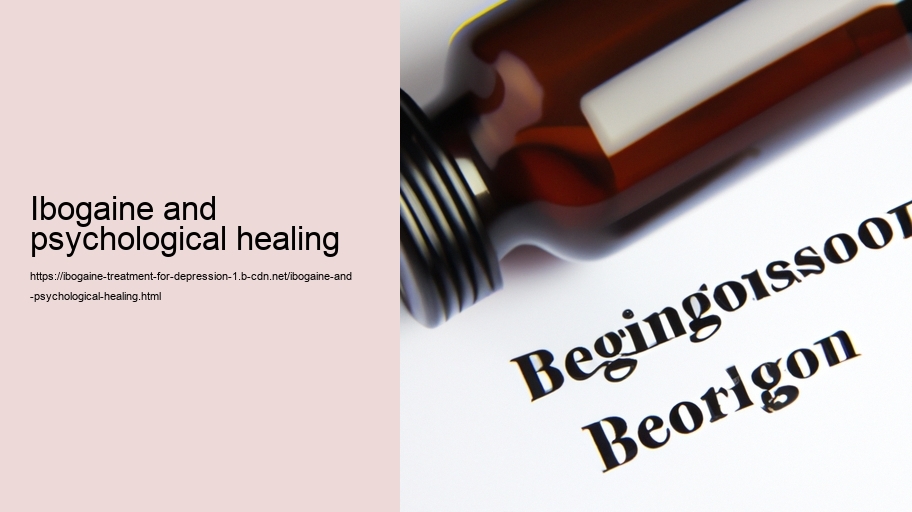Title: Ibogaine and the Journey to Psychological Healing
The quest for psychological healing is as ancient as humanity itself, with our ancestors seeking remedies in herbs, rituals, and the mysteries of the mind. In modern times, this pursuit has become intertwined with scientific discovery and therapeutic innovation. Among the myriad of substances investigated for their potential to heal the human psyche, one lesser-known but increasingly discussed compound stands out: ibogaine.
Ibogaine is a naturally occurring psychoactive substance found in the root bark of the African shrub Tabernanthe iboga. Used for centuries by indigenous peoples in West Central Africa in spiritual ceremonies and rites of passage, ibogaine has recently caught the attention of Western medicine for its promise in treating addiction and various mental health disorders. Yet this compound is not without controversy or complexity; it treads a fine line between traditional use and contemporary therapy, raising both hopes and concerns within medical and regulatory communities.
At its core, ibogaine offers a unique mechanism of action that distinguishes it from other psychedelics or therapeutic drugs. It interacts with multiple neurotransmitter systems within the brain including those involving serotonin, dopamine, glutamate, and opioids. This multi-targeted approach seems particularly suited to disrupting patterns of addiction — whether to substances like opiates or behaviors such as compulsive eating — by resetting neurological pathways that have been skewed by dependency.
Beyond its biochemical effects lies an equally intriguing aspect of ibogaine's therapeutic potential: its ability to facilitate profound introspective experiences which many users report being transformative. During an ibogaine session—which can last up to 36 hours—individuals often undergo vivid visions or dreamlike sequences that can unearth deep-seated emotional memories and provide new perspectives on personal issues. These experiences are sometimes described as "waking dreams" which allow people to confront past traumas or unresolved conflicts in a way that feels safe yet revealing.
However fascinating these properties may be, they are accompanied by significant safety concerns that cannot be overlooked. Ibogaine administration can lead to serious cardiac issues among other side effects and must therefore be approached with great caution under medical supervision—if at all—given its current legal status remains ambiguous or outright prohibited in many countries.
Despite these hurdles, research into ibogenes's potential continues slowly but steadily across small-scale studies and clinical trials aimed at understanding how best to harness its power for good while mitigating risks. The compelling anecdotes from individuals who swear by their life-altering encounters with ibogane keep fueling interest from researchers determined to explore every avenue toward psychological healing.
In conclusion, while still shrouded in mystery and debate, ibogaine represents a captivating intersection between ancient wisdom and modern psychology—a substance whose full story has yet to unfold but whose pages already speak volumes about our collective longing for inner peace and wholeness. As we navigate these uncharted waters of mind-altering compounds used therapeutically, it becomes increasingly clear that our approach must be one marked by open-mindedness balanced with rigorous scientific scrutiny—a duality mirroring the complex nature of psychology itself.
